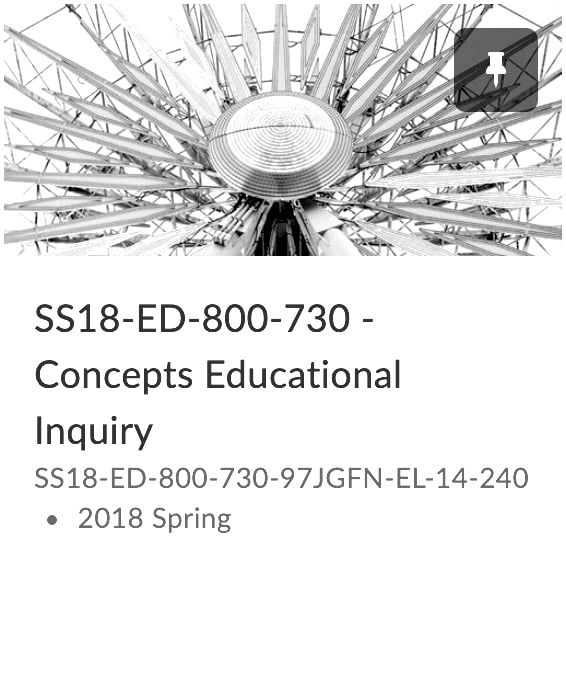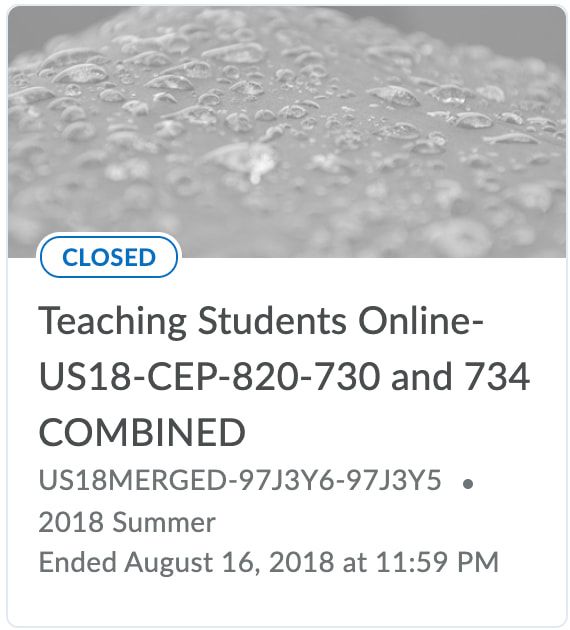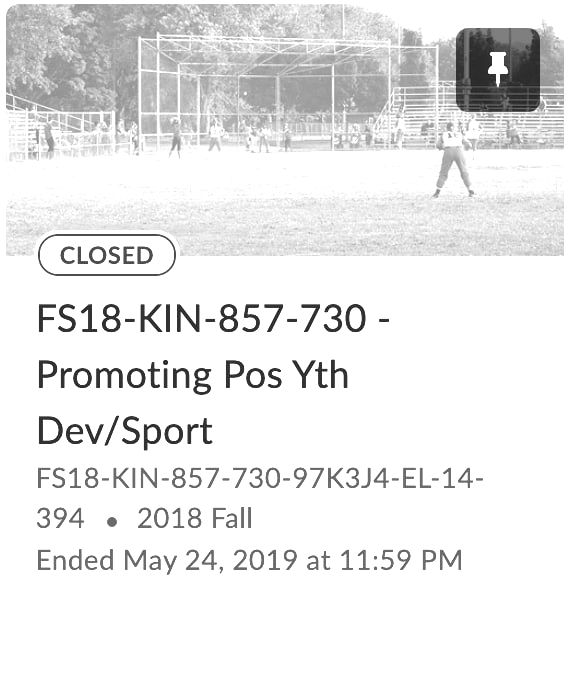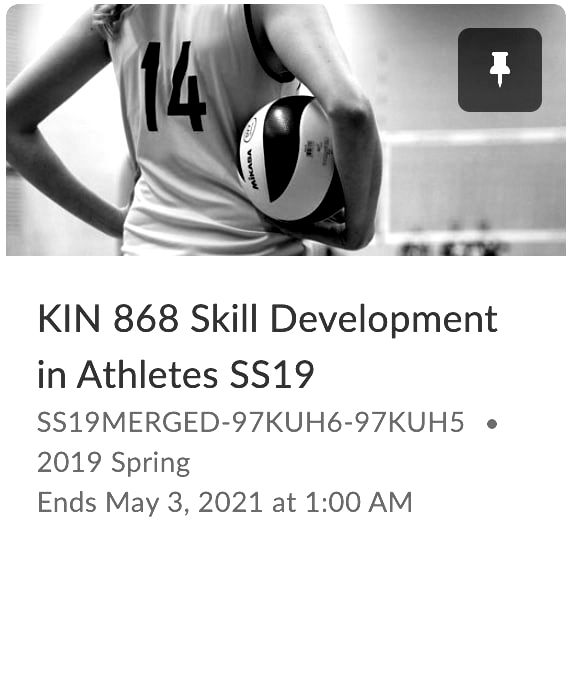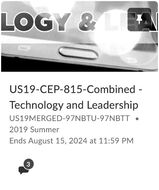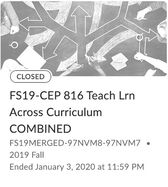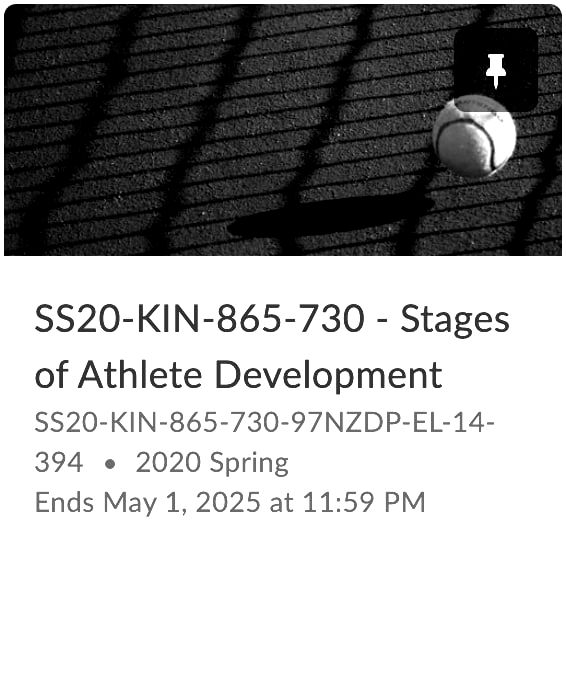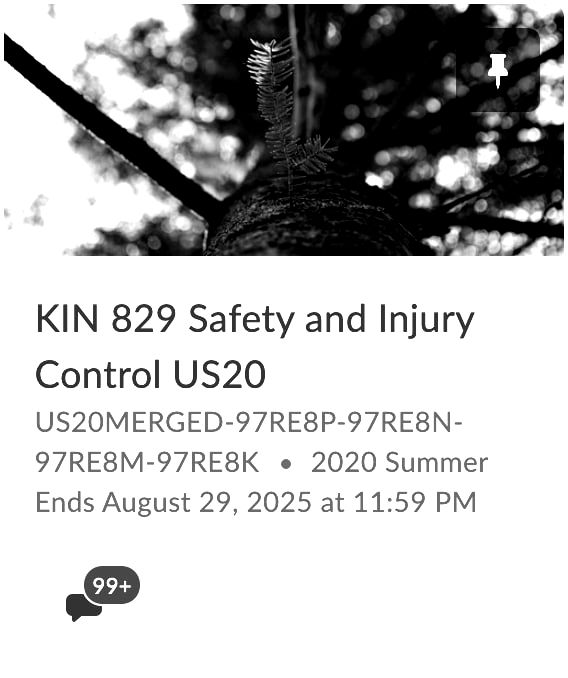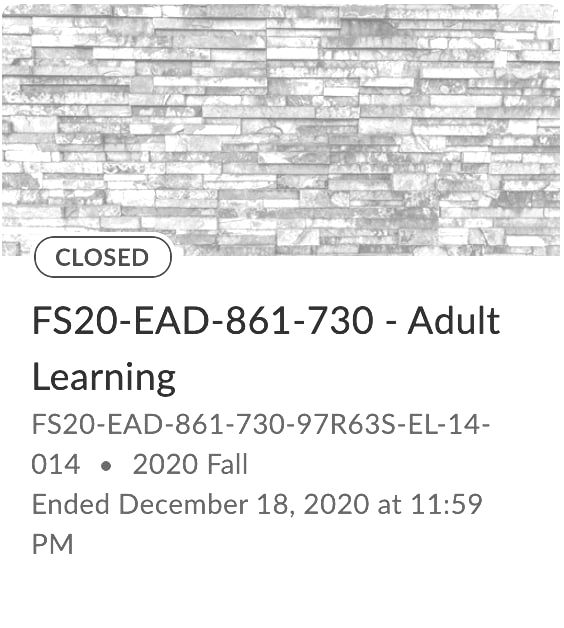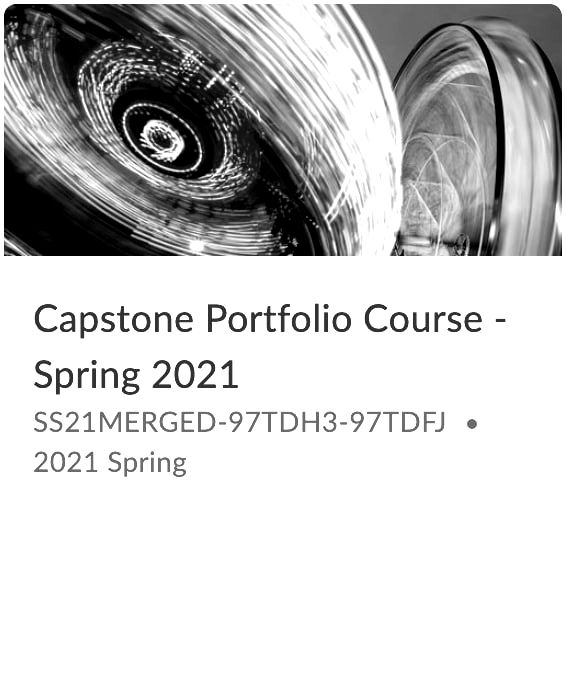Annotated Transcript
"Man's mind, once stretched by a new idea, never regains its original dimensions."
- Oliver Wendell Homes (1841-1935)
"Man's mind, once stretched by a new idea, never regains its original dimensions."
- Oliver Wendell Homes (1841-1935)
Below you will find my Michigan State University Master of Arts in Education (MAED) and Sport Coaching and Leadership Graduate Certificate annotated transcript. An annotated transcript is a brief description of what I covered, learned, and did throughout each of the courses that comprise my graduate degree program. Keeping with my commitment to being a lifelong learner I decided that I would only take a single course each semester to truly focus all my time, effort and energy solely on that specific course.
The following acronyms will be useful in understanding course designators listed for each course below:
CEP: Counseling, Educational Psychology, and Special Education
EAD: Educational Administration
ED: Education
KIN: Kinesiology
The following acronyms will be useful in understanding course designators listed for each course below:
CEP: Counseling, Educational Psychology, and Special Education
EAD: Educational Administration
ED: Education
KIN: Kinesiology
|
Spring 2018 - ED-800: Concepts in Educational Inquiry
Instructor: Dr. Aaron Einfeld ED-800: My journey as a lifelong learner in the Master of Arts in Education (MAED) program at Michigan State University began with ED-800. ED-800 introduced me to the power and beauty of educational inquiry through the works of John Dewey, Vivian Paley, Jane Addams, Howard Gardner, Mary Catherine Bateson, and Jane Austen. I discovered that the process of learning should be based on an infinite loop of inquiry, discovery, failure, and feedback. I also learned that the role of the educator in this infinite loop should be that of the guide who supplies formative and summative feedback at appropriate waypoints in the learner's journey. Upon completion of this course I was so excited and inspired to continue my learning journey that the arrival of the summer of 2018 seemed to take forever. |
|
Summer 2018 - CEP-820: Teaching Students Online
Instructor: Dr. Anne Heintz CEP-820: As an adjunct faculty member at multiple universities I wanted to become a more effective online instructor. Little did I know that just 18 months after taking this course I would be teaching exclusively in both a synchronous and asynchronous online capacity. CEP-820 prepared me for this reality through our numerous online course creation activities. I learned to create engaging online course material and 'flipped' classrooms leveraging the Desire2Learn (D2L) and Canvas Learning Management Systems (LMS). |
|
Fall 2018 - KIN-857: Promoting Positive Youth Development in Sport
Instructors: Dr. Daniel Gould & Dr. Jenny Roth KIN-857: As a youth sports coach the majority of my coaching education has been self-directed. KIN-857 was an opportunity to delve deeper into the research behind youth sport coaching and how to provide my youth athletes with an environment in which they can thrive. This course also asked me to stop and reflect on what I wanted my legacy to be as a youth sport coach. How did I want to be remembered by my players? This resulted in a significant amount of reflection on my part and completely transformed my approach to coaching. |
|
Spring 2019 - KIN-868: Skill Development in Athletes
Instructor: Dr. Andrew Driska KIN-868: Having completed KIN-857, and completely transformed my approach to youth sport coaching, I could not wait to dive into the science of skill development in athletes. I learned that it is not really 'Nature vs. Nurture' as much as it is 'Nature and Nurture' in the world of skill development. I learned about the constraints-led approach to skill development where the coach is more focused on manipulating constraints and affordances of the tasks, rules, and environment than on telling athletes exactly how to accomplish and perform movements. Once I adopted this style of coaching the enjoyment level went up exponentially for both my athletes as well as myself. |
|
Summer 2019 - CEP-815: Technology and Leadership
Instructor: Dr. Brittany Dillman CEP-815: The summer of 2019 saw me transition away from youth sport coaching and skill development learning and back to technology, education and leadership. CEP-815 introduced me to the concept of technology integration and the leadership skills and qualities required to make that integration successful on myriad levels. I also learned about the Technological Pedagogical and Content Knowledge (TPACK) framework. By leveraging the TPACK framework in several case studies I learned that there is more to technology integration than simply throwing new technology into a learning environment. In other words, the pedagogy, technology, and educator content knowledge needs to be evaluated when making decisions on technology integration in order to strike an equitable balance. |
|
Fall 2019 - CEP-816: Teaching and Learning Across the Curriculum
Instructor: Dr. Elizabeth Boltz CEP-816: With a greater understanding of the TPACK framework from CEP-815 I very well prepared for what lay ahead in CEP-816. CEP-816 focused on the integration of New Media Text and Tools (NMTT) and how educators can integrate these tools into their specific learning context. I also synthesized the competing arguments of Robert Kozma and Richard Clark around whether or not technology is actually adding to learning or distracting students from the task at hand. In many cases NMTT that were in use just 10-15 years ago are now irrelevant and have been replaced by faster and more technologically advanced tools. |
|
Spring 2020 - KIN-865: Stages of Athlete Development
Instructor: Dr. RJ Gibbs KIN-865: My focus now shifted back to my passion around youth sport coaching by learning about the different stages of athlete development and how to create age-appropriate training environments. I learned that one of the most important ways to accomplish this is to modify training and game settings so they match the athlete developmental stage. In other words, change the field and ball size in soccer when working with 4- and 5-year-olds. This also facilitates the creation of safe, engaging, interactive, and supportive training environments across multiple sports. |
|
Summer 2020 - KIN-829: Safety and Injury Control
Instructor: Dr. Jessica Wallace KIN-829: This would mark my final course around youth sport coaching and it could not have come at a better time. I had just been hired to be the head women's soccer coach of a local high school and there were several safety courses that dovetailed off what I learned in KIN-829. This course prepared me to not only deal with sport injuries, but provided me with multiple practices to help avoid injury. My focus in this course was on the prevention of Anterior Cruciate Ligament (ACL) injuries in women athletes. I created an ACL prevention program comprised of various warm-up and pre- and post-season activities. |
|
Fall 2020 - EAD-861: Adult Learning
Instructor: Dr. Regina Smith EAD-861: My penultimate course saw me return to my passion around adult education. Having worked in adult education for over two decades, I wanted nothing more than to learn everything I could about becoming the best possible version of myself as an educator. EAD-861 opened my eyes to a whole new perspective on adult learning that centered on equity in the classroom, working with learners who have experienced trauma, and the fact that education in and of itself is not a neutral construct. I also designed a hashtags for justice program that technology educators can use to integrate social justice into their curriculum. |
|
Spring 2021 - ED-870: Capstone Portfolio Course
Instructors: Dr. Matthew Koehler & Aric Gaunt ED-870: The start of ED-870 left me with very mixed emotions. I was so thrilled to have made it to the completion of the MAED program, but I was also saddened by the fact that this would be the end of my educational journey at MSU. That said, I could not have imagined a better final course assignment than the one on which we are currently working. The creation of the personal and professional portfolio is something that I have wanted to do for years, but never took the time to complete. ED-870 have provided me with the opportunity to create a single pane of glass to celebrate my life's work and passions. The most exciting part of this assignment is that I will be able to update my online portfolio as my career and studies continue. |
All course images on this page downloaded from the Michigan State University D2L site at: https://d2l.msu.edu/d2l/home
Header image downloaded from unsplash.com
Header image downloaded from unsplash.com
